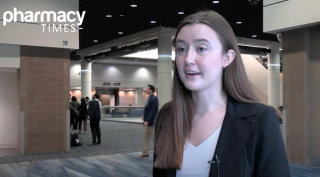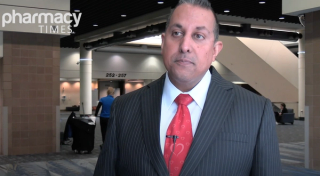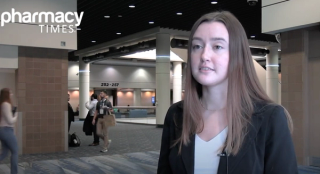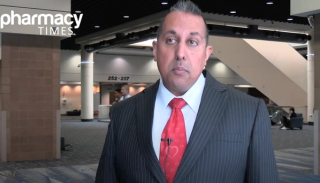
Cardiovascular Health
Latest News

Latest Videos

CME Content
More News

Host Craig Beavers chats with Shannon Finks, PharmD, FCCP, BCPS, BCCP, AHSCP-CHC, president and director of pharmacy services at ZupMed in Memphis, Tennessee.

Pharmacists play a critical role in managing complex pericarditis cases.

Pharmacists have a unique opportunity to improve cardiovascular outcomes by integrating medication management with food-as-medicine approaches.

The FDA has approved a groundbreaking single-pill combination therapy for hypertension, enhancing cardiovascular health with triple-agent efficacy.

Rilonacept offers a targeted approach to treating recurrent pericarditis by blocking IL-1 inflammatory pathways.

Ralph Riello, PharmD, BCPS, a board-certified clinical pharmacy specialist at the Yale University School of Medicine, discusses challenges in implementation for novel cardiovascular treatments and interventions.

Bempedoic acid is an effective option for statin-intolerant patients or those needing additional low-density lipoprotein cholesterol (LDL-C) reduction, with clinical trials showing cardiovascular benefits, key drug-drug interaction considerations, and special management factors in patients with comorbidities.

GLP-1 receptor agonists, including semaglutide and tirzepatide, significantly reduce cardiometabolic risk factors such as dyslipidemia, type 2 diabetes, metabolic dysfunction-associated steatohepatitis, obstructive sleep apnea, chronic kidney disease, and cardiovascular events, with evidence suggesting that some of these benefits may occur independently of weight loss.

The approval is based on findings from the INSPIRE trial, where treprostinil demonstrated efficacy in pulmonary arterial hypertension (PAH) and pulmonary hypertension associated with interstitial lung disease (PH-ILD).

The authors are optimistic that GADD45A serves as a foundation for therapeutic approaches to slow the progression of heart failure.

The risk of cardiovascular disease (CVD) was higher among those who were exposed to assisted reproductive technology.

Host Craig Beavers speaks with Orly Vardeny, PharmD, MS, a professor of medicine at the University of Minnesota

Aficamten, a cardiac myosin inhibitor, gains FDA approval, offering hope for improved cardiovascular health in patients with obstructive hypertrophic cardiomyopathy.

Maternal cardiometabolic issues during pregnancy significantly elevate children's blood pressure, highlighting the need for preventive health measures.

The most substantial reduction was achieved 2 to 3 years after vaccination with a sustained protective effect lasting up to 8 years.
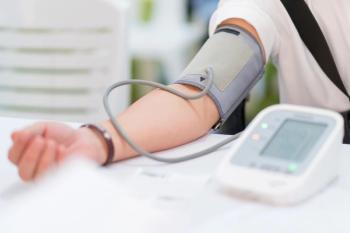
The 12.5-mg dose tablet enhances hypertension treatment options and reduces adverse effects for patients.

The coronary artery disease (CAD) predictive model help health care professionals tailor personalized treatment methods for patients.

UPMC enhances care for patients with heart failure through integrated pharmacy and cardiology team collaboration.


At Baptist Health South Florida, pharmacists are embedded in all areas of cardiovascular care, an expert said.
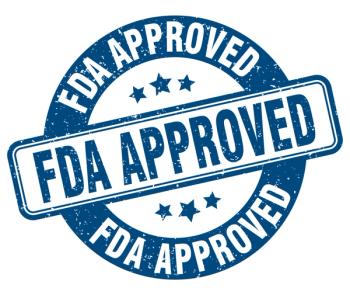
A 15-mg dose with a corticosteroid taper regimen was superior to placebo in sustained remission from week 12 to 52.
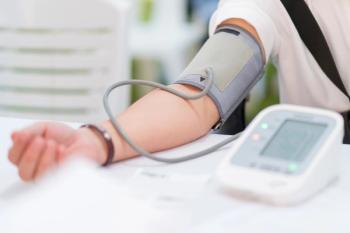
Alongside regular monitoring and pharmacotherapy, key lifestyle changes can help manage and prevent high blood pressure.

Research reveals that higher levels of vitamin B12, copper, and manganese during pregnancy lower midlife blood pressure and hypertension risk.

Host Craig Beavers spoke with Arthur Allen, PharmD, for the latest updates from the RIVAWAR trial and the newest ACS guidelines.

An oral dose of 0.6 mg per 5 mL of colchicine could aid individuals who have trouble with swallowing pills.






